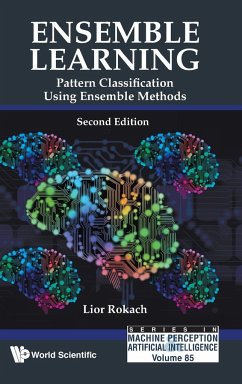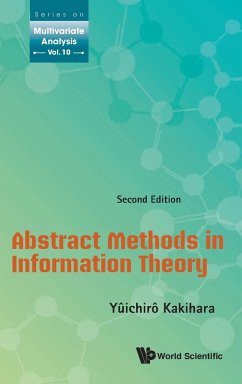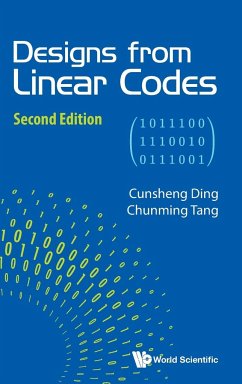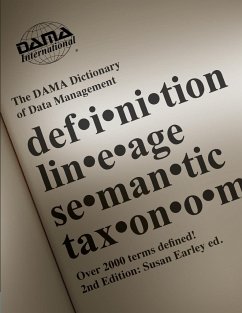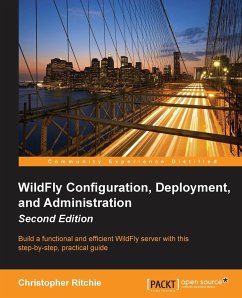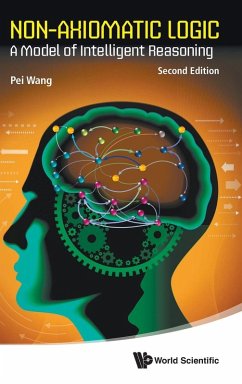
NON-AXIOMATIC LOGIC (2ND ED)
Versandkostenfrei!
Versandfertig in 1-2 Wochen
111,99 €
inkl. MwSt.

PAYBACK Punkte
56 °P sammeln!
This book provides a comprehensive, up-to-date, and rigorously detailed introduction to Non-Axiomatic Logic (NAL), a groundbreaking framework for adaptive systems operating under conditions of insufficient knowledge and resources. Designed according to the principles of human cognition, NAL serves as a cornerstone for advancing general-purpose Artificial Intelligence while addressing many topics in logic, psychology, linguistics, philosophy, and computer science. Now fully expanded into a textbook format, this second edition builds on the foundation of the 2013 lecture notes-style first editio...
This book provides a comprehensive, up-to-date, and rigorously detailed introduction to Non-Axiomatic Logic (NAL), a groundbreaking framework for adaptive systems operating under conditions of insufficient knowledge and resources. Designed according to the principles of human cognition, NAL serves as a cornerstone for advancing general-purpose Artificial Intelligence while addressing many topics in logic, psychology, linguistics, philosophy, and computer science. Now fully expanded into a textbook format, this second edition builds on the foundation of the 2013 lecture notes-style first edition, transforming it into an ideal resource for one-semester graduate or upper-level undergraduate courses. Retaining the original structure while significantly enhancing accessibility and depth, this edition features:New theoretical advancements in NAL design, particularly in later chapters. Clearer exposition of core concepts, including the rationale behind NAL's formalism. Practical insights into key design choices for computer implementations. Enhanced pedagogy: Detailed examples, chapter summaries, and end-of-chapter exercises to reinforce learning. Critical context: Footnotes comparing NAL to alternative models and exploring advanced topics. Meticulous revisions: Corrections of errors and typos for improved accuracy. Readers with a college-level background in AI, computer science, or mathematical logic will find this book indispensable for understanding the principles and applications of NAL in AI development.






